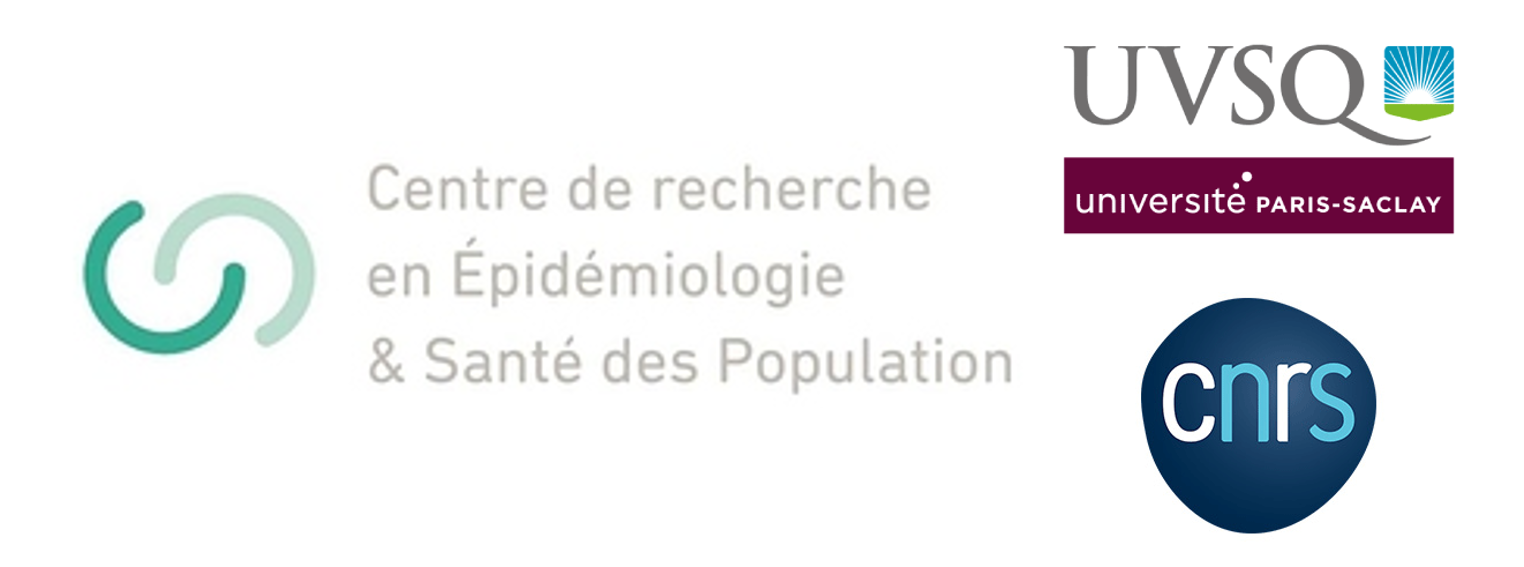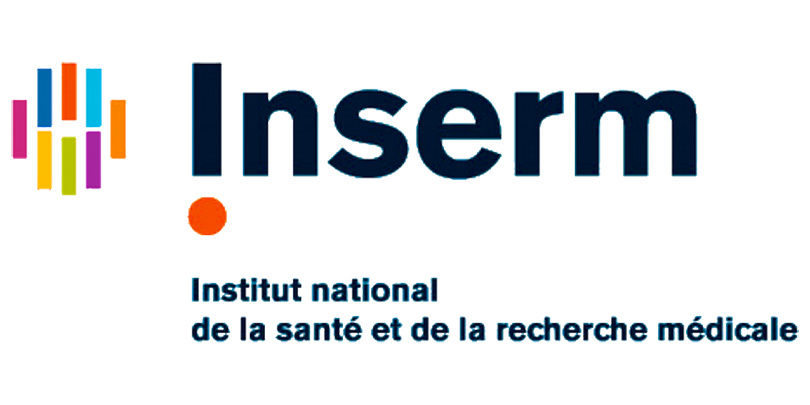Impact of the Lung Microbiota on Development and Progression of Lung Cancer
Résumé
The past several years have provided a more profound understanding of the role of microbial species in the lung. The respiratory tract is a delicate ecosystem of bacteria, fungi, parasites, and viruses. Detecting microbial DNA, pathogen-associated molecular patterns (PAMPs), and metabolites in sputum is poised to revolutionize the early diagnosis of lung cancer. The longitudinal monitoring of the lung microbiome holds the potential to predict treatment response and side effects, enabling more personalized and effective treatment options. However, most studies into the lung microbiota have been observational and have not adequately considered the impact of dietary intake and air pollutants. This gap makes it challenging to establish a direct causal relationship between environmental exposure, changes in the composition of the microbiota, lung carcinogenesis, and tumor progression. A holistic understanding of the lung microbiota that considers both diet and air pollutants may pave the way to improved prevention and management strategies for lung cancer.
Fichier principal
 2024 Belaid A et al, Cancers review microbiote and lung.pdf (1.48 Mo)
Télécharger le fichier
2024 Belaid A et al, Cancers review microbiote and lung.pdf (1.48 Mo)
Télécharger le fichier
| Origine | Fichiers éditeurs autorisés sur une archive ouverte |
|---|


